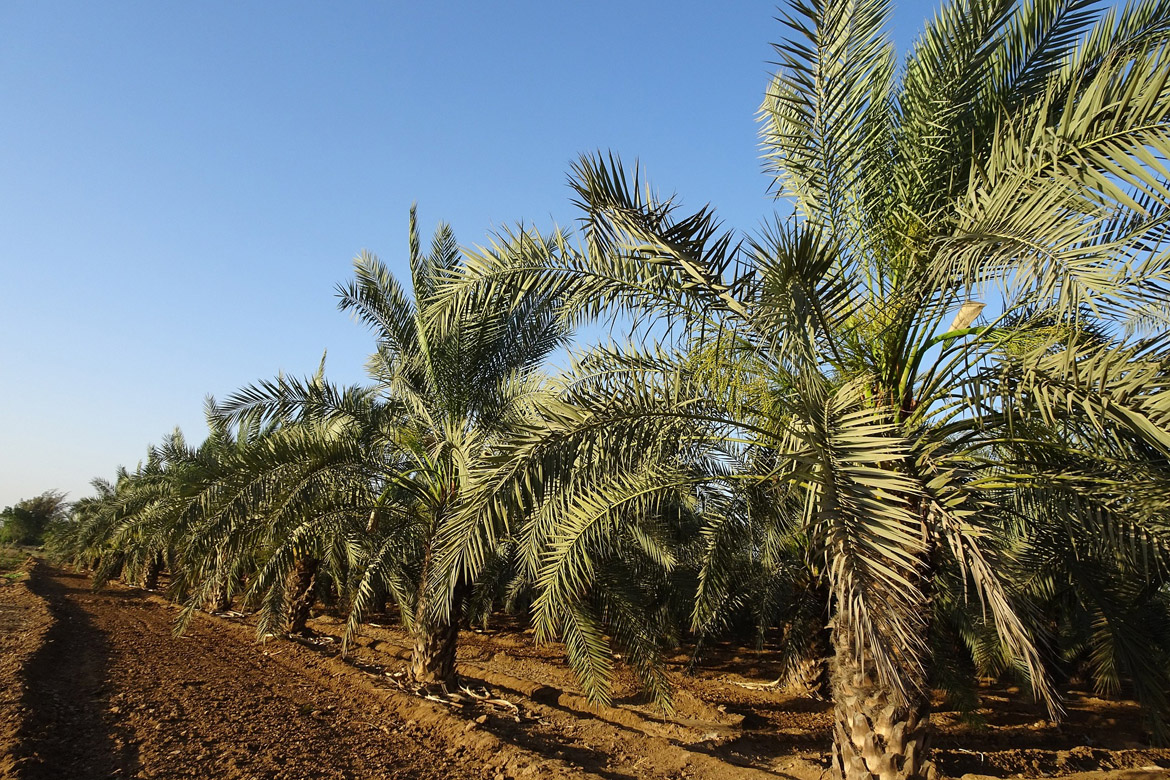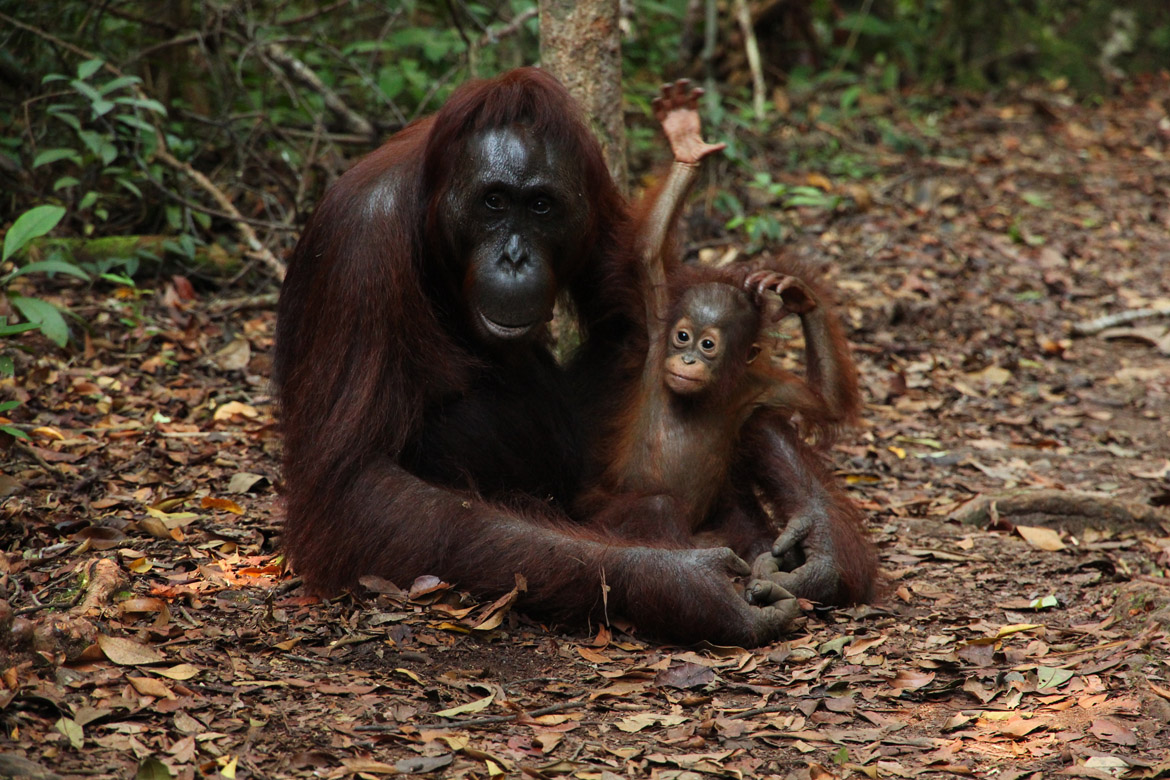Why We Chose to be Palm Oil Free
At Honestly Store, we care about the legacy we leave behind, as a company, as parents, as people.
And with that we strive to seek the best ingredients that are sustainable, ethical and best for baby. Just as we make our labels easy to understand we also make it easy to understand why we use the ingredients we do.
Palm oil is a hot topic and we thought it was important to explain why Honestly Store is completely palm oil free.
Introduced as a sustainable option to petrochemicals, palm oil is found in ice-cream, pet food, cleaning products, vegan products, soap, skin care, shampoo/conditioners and cosmetics.
Palm Oil: A Great Natural Resource
On paper, palm oil is a sustainable farmer’s dream. It’s a bumper crop that produces 10 times more oil per hectare than other vegetable crops, like soybean or rapeseed crops. Only needing a minimal amount of space to be productive, each oil palm can keep on producing fruit for up to 30 years.
Oil palm trees produce three crops: palm fruit oil, palm kernel oil and kernel expeller product. The crops get used in food, cosmetics and as animal feed. So far, so good – oil palm seems sustainable. However, there are other issues that make palm oil questionable ethically. So what is the issue and why does it affect you?
The Scale of the Problem
In your cupboards, 50% of your food, household cleaning and cosmetic items will contain palm oil or its derivatives. That’s how common it is. You won’t find it on many labels though. Palm oil has over 200 alternate names, so it can be tricky to avoid.
Originally, palm oil replaced animal fats and petrochemicals in consumer products as a more ethical and sustainable choice. And it was a better choice for our health. However global palm oil use has increased by over 400% in the last 20 years. Which has meant that demand has exceed supply. And this is what has tipped the scales of a sustainable resource into an environmentally destructive force.

Top 5 Reasons to Avoid Palm Oil
Deforestation
Deforestation is not only about clearing trees from natural forests. A majority of oil palm plantations in Indonesia are the result of illegal deforestation. Usually by “slash and burn”, where timber is removed and the undergrowth burned so the land can be farmed. These practices also remove natural habitats for native animals, whilst also reducing the biodiversity of unique ecosystems. Some of which may hold the key to helping cure disease or understanding our world better. If we continue to destroy it we will never know.
Deforestation also contributes to global warming, as trees and plants are responsible for removing carbon dioxide from the atmosphere. It’s estimated that deforestation is responsible for up to 20% of global warming.
Timber
Illegal removal of forests is not only lucrative for the creation of oil palm plantations but also for the timber. Whilst the WWF (World Wildlife Fund) reports that there are about 20 million hectares of abandoned land in Indonesia that is suitable for palm oil plantations, companies keep targeting virgin land. Why? Well the simple reason is they can benefit from the timber as well as the oil palm plantations. This makes us sad. That we, as a society, put profit over the environment.
Global Warming
Oil palm deforestation and refining contributes to global warming, by increasing pollution (smog) and greenhouse gas emissions. Global warming increases sea water levels, causes extreme weather and affects global farming such as drought and crop failure.
Here in Australia, global warming is contributing to Coral Reef bleaching, increasing food costs and coastal erosion.
Animal Casualties
As you expect if you remove natural forests, you also lose animal habitats which means loss of wildlife. This has had devastating effects on the endangered orangutans in Indonesia. Populations of elephants, rhino and tigers are also decreasing steadily. Do we really want our children growing up thinking these amazing animals only live in zoos?












